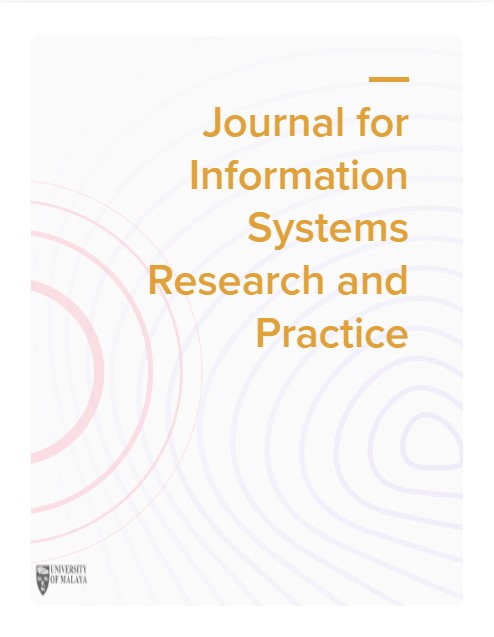Boundary Detection of Natural Image Objects using Improved High-Pass Filter Algorithm and Morphological Structuring Element
Keywords:
Edge detection; Enhancement; Noise removal; High pass filter; Erosion and dilationAbstract
Object boundary detection involves finding instances of real image objects such as humans, animals, vehicles, flowers, mountains, etc. The boundary detection process of images is a preprocessing technique in digital image processing. Enhanced image objects include stairs, roofs, ramps, and peak boundaries. Traditional boundary detection methods for color flower images are sensitive to noise and cannot correctly identify boundaries. Photon noise, blur, and irregularities in the surface structure of objects are factors that affect modern boundary detection techniques. This paper affords an advanced edge detection approach that makes use of high-pass frequency filtering algorithms, and morphological elements. The Structuring elements are used to reconstruct the damaged areas of the border of the experimented images. The boundary detection technique of Roberts, Prewitt, Sobel, Laplacian of Gaussian (LoG), Canny, and the proposed method has experimented on the created image dataset. Experimental results are validated using different image quality evaluation methods. The proposed method shows better results in the objective image quality evaluation methods.
Downloads
Published
How to Cite
Issue
Section
License
Copyright (c) 2024 Journal of Information Systems Research and Practice

This work is licensed under a Creative Commons Attribution-ShareAlike 4.0 International License.





